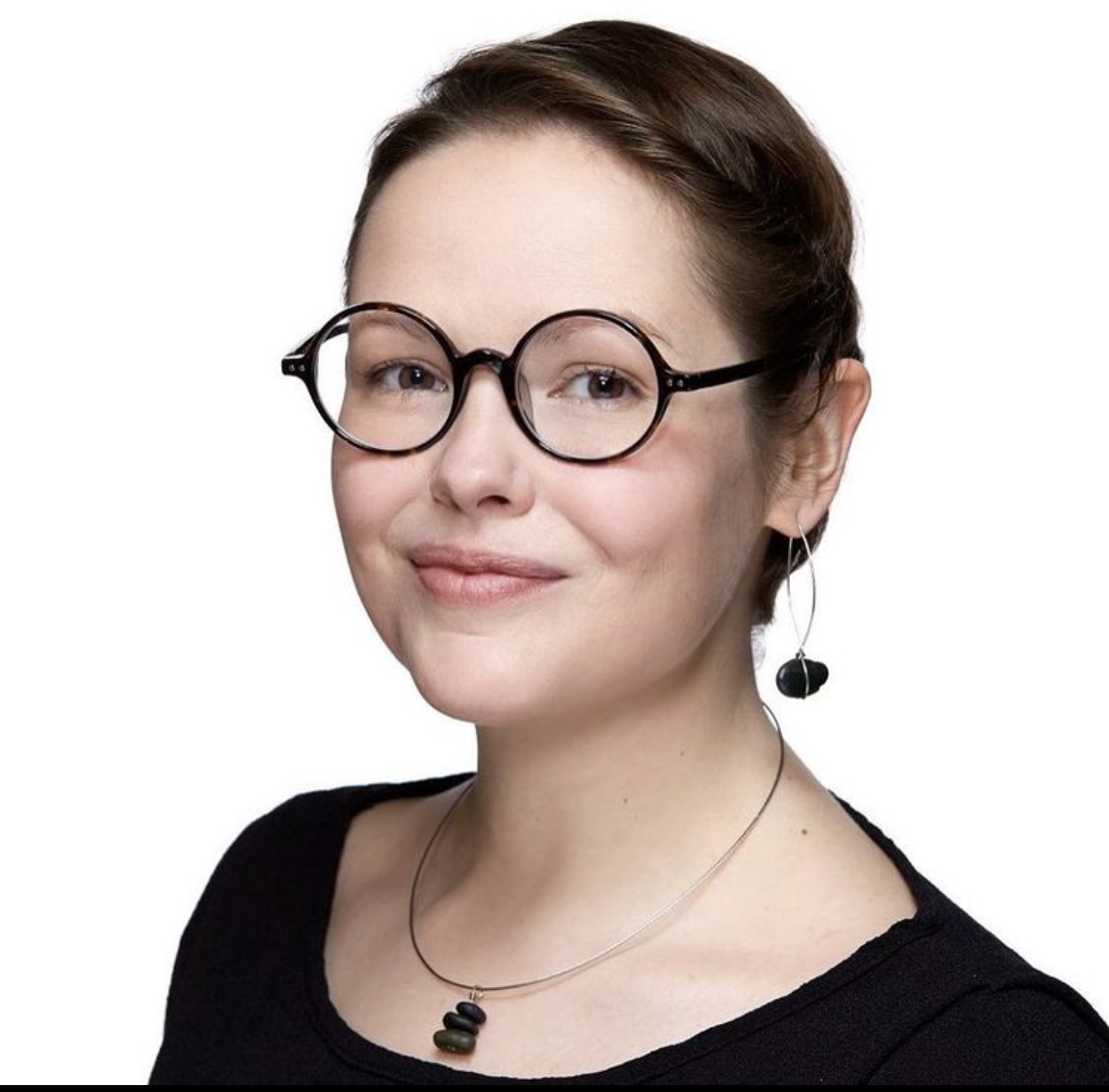Becoming a Guiding Light
by Michael Rubino // August 24
by Michael Rubino // August 24
In this episode of Mold Talks Docs, Michael Rubino sits down with Dr. Lauren Tessier, a Naturopathic Physician, mold illness specialist, and awareness advocate to discuss her experience in the field and her passion for helping people who are suffering from chronic illnesses due to toxic environments. She highlights some of the main issues those impacted are facing, including the lack of acceptance and coverage for exposure and toxic environments.
Dr. Lauren Tessier is a Naturopathic Physician licensed by the state of Vermont. Her practice, Life After Mold, uses a patient-centered approach to help those suffering from mold-related illness recover. Her approach is informed by her Naturopathic Medical education, in combination with Functional and Integrative Medicine. These tools allow her to truly address the entire person who establishes care with her.

As a Shoemaker Certified Physician, she specializes in the treatment of Chronic Inflammatory Response Syndrome (CIRS) as a result of exposure to mold and water-damaged buildings. She also specializes in the treatment of non-CIRS mold-related illness: mycotoxicosis, mold allergy and etc.
She travels around the United States, giving lectures regarding mold illness, and she operates as an indoor environmental health advisor for various companies. Additionally, she is the current President of ISEAI; a nonprofit dedicated to the advancement of medical knowledge surrounding Environmentally Acquired Illness, or EAI.
1:30: Dr. Tessier explains how she got into the realm of medicine and treating mold illness. Her journey took her through the Shoemaker process, noticing how prevalent this issue is, creating treatments geared towards these affected patients, and joining ISEAI. “We focus on the toxic impact of the environment, both indoors and outdoors, and how it really leads to chronic illness.”
5:15: Dr. Tessier reveals how close mold toxicity is to her heart, including personal experiences and negative reactions from family members. “I really try in my heart of hearts to be a good, honest, and decent guiding light when it comes to this kind of stuff because it can be an overwhelming, upsetting, and traumatic thing to navigate. I’m thankful for my own personal experience because it’s really helped me help others.”
7:40: Dr. Tessier details how prevalent she believes mold toxicity and exposure are, and the growing awareness people are beginning to have about this issue. As she said, even the CDC is shining a light on how much this can negatively impact the health of those living in toxic spaces that have water damage and contamination.
12:00: Dr. Tessier explains how a paradigm shift is needed to bring greater awareness to water-damaged buildings, toxic environments, and chronic illness. From science to insurance coverage, the lack of representation and evidence is directly impacting affected individuals. One of the main issues, she said, is the difficulty in analyzing and creating scientific studies because no one wants to make individuals sick.
18:00: Dr. Tessier details a few literature pieces that go against the idea of why mold exposure can impact autoimmunity and the flaws in their argument. “It’s interesting to see how forceful the blinders are.”
23:30: Dr. Tessier goes through what it will take for change to occur and for the impact of mold exposure to be taken seriously. Insurance companies, in particular, have a fantastic opportunity to spearhead the initiative to provide better protection for individuals impacted by mold growth.
28:30: Dr. Tessier explains why individuals cannot heal in the environment that’s making them sick in the first place. For those who can’t, she details a few things people can do to help reduce exposure and the importance of not trying to seek perfection. “Anything you can do to put a band-aid on the situation until you can get it handled is a step in the right direction.”
34:00: Dr. Tessier goes through the steps an individual should take if they’re suffering from mold exposure and toxicity. She said that you should document all of your symptoms so that a medical professional will have a more clear picture of what’s going on in your body and use this to help determine a diagnosis. “Getting really clear on your symptoms can help set the groundwork for a physician.” She then further explains how she helps treat her clients and the steps she takes to detox their bodies. The important thing to keep in mind, she said, is that there are a plethora of pieces that need to come together for each unique individual to ensure they’re healing successfully.
44:45: Dr. Tessier touches on the clinical side of bacteria, including actinomycetes, and the impact they might have on the environment. At the end of the day, much more research is needed to better understand how they impact the body.
48:00: Dr. Tessier explains one main thing she hopes people will take away from this discussion. “Find your ally in all of this. They will be someone who believes you, supports you, doesn’t gaslight you, and listens to you.” As she said, the trauma from this illness and situation can be overwhelming, and having someone there in your corner to help can make an enormous difference.
Make sure to subscribe to The Mold Medic Channel on YouTube so you never miss an episode of Mold Docs.
https://www.lifeaftermold.com/dr-lauren-tessier
Instagram: @lifeaftermoldA member of our team is here to help! Click on “Get Started ➤” below to book a consultation with a member of the HOMECLEANSE team. We have a few quick questions that will help us put together a roadmap to solve or prevent all of your mold problems.
Two minutes of your time could lead to better health for you and your family.